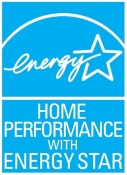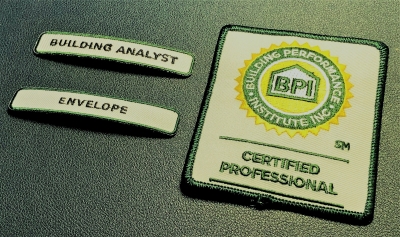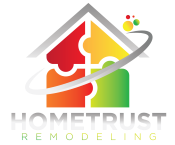1957 Split-Level - Catonsville, MD
Reason this BGE Customer is Got the AuditThis couple recently moved into the home and they found it to be drafty and difficult to keep it comfortable, particularly the room above the garage. General Profile - 1957 Catonsville Split-Level Neighborhood: Catonsville, MD Style: Single-Family Detached Year Built: 1951-1960 Foundation Types: Open Crawlspace Typical Homeowner Complaints: Drafty and hard to keep comfortable, especially a room above the garage, musty when warm outside Current Insulation Condition: Attic: 5 inches, moderately insulated; parts missing insulation Kneewalls/Vertical Attic Walls: Poorly insulated, 3 inches Crawl Space: Moderately insulated, 8 inches Common Insulation Challenges: Missing insulation in some attic areas, open crawl spaces needing sealing and insulation HVAC Ducts: Uninsulated sections, especially in the attic Unique Features: Central AC (16-20 years old, 11 SEER), 40-Gallon Natural Gas Storage Water Heater | Homeowner Takeaways from this Catonsville BGE Energy Audit
Long-Term Problems if Left Unchecked
|
 Central AC (16-20 years old, 11 SEER).  Recommended crawl space encapsulation. Hanging insulation is a sign of high moisture in the summer. |  Uninsulated sections, especially in the attic  Remove storage from attic spaces to maximize insulation performance and overall comfort and efficiency.. |  Can lights should be covered and sealed.  5 inches, moderately insulated; parts missing insulation. |
Recommendations for this Catonsville homeowner included:This home will become more comfortable and energy-efficient by addressing the insulation gaps, sealing the crawl space, and improving ventilation. These changes will reduce drafts and lower the energy bills, creating a healthier and more sustainable living environment for this family.
Potential Energy Savings with Improvements:
|










